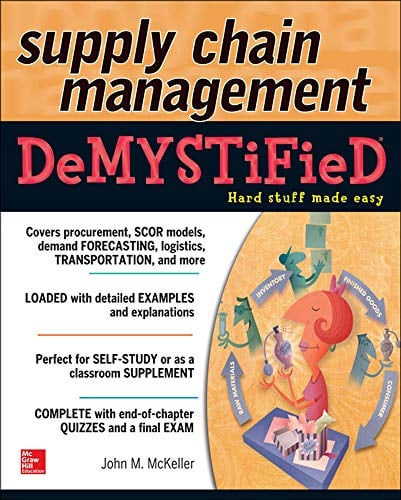This book provides new insights into the universality of biological systems in animal reproduction and development by a comparative study of a variety of mechanisms in animals ranging from basal invertebrates to vertebrates, including mammals. Animals accomplish genetic diversity through meiosis and fertilization, and during embryogenesis animals must produce specialized cell types, including germ cells, in accordance with their individual body plan. This series of phenomena is essential to the continuity of life in the animal kingdom, and animals show various reproductive and developmental strategies. This volume, comprising four parts, reviews animal kingdom diversity, including reproductive strategies and germ cell differentiation mechanisms (Part 1), sex determination and differentiation (Part2), the mechanisms of fertilization (Part 3), and body axis formation (Part 4). Readers will find descriptions of the reproduction or development of 180 species, 13 phyla, 35 classes, 74 orders, 117 families, and 151 genera in this book. Of particular interest is the diversity of molecules and mechanisms used to achieve the same biological purpose in different animals. Undergraduates, graduate students, and professional scientists who want a deeper understanding of animal reproductive and developmental mechanisms will find this book to be of great value.












